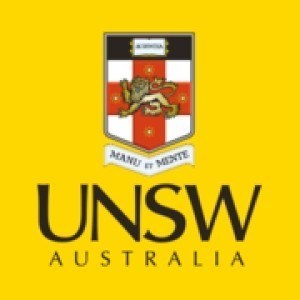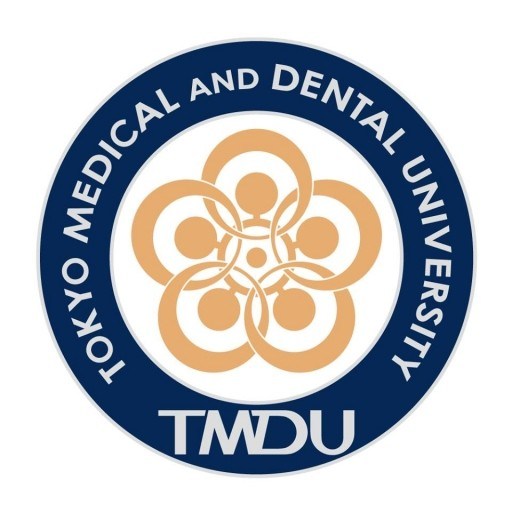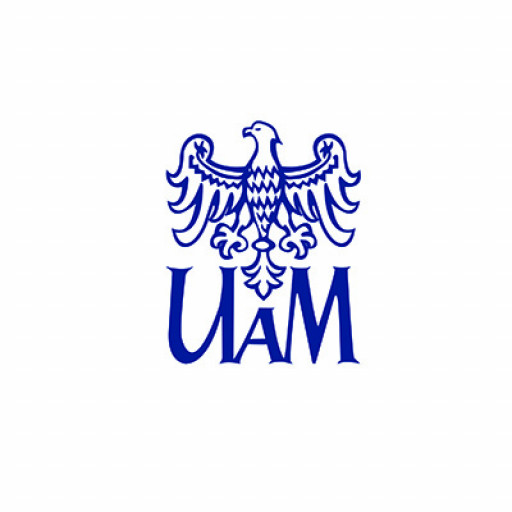Photos of university / #unsw
The Bachelor of Food Science and Technology at the University of New South Wales is a comprehensive undergraduate program designed to equip students with a strong foundation in the science and technology of food production, processing, and safety. This degree encompasses a multidisciplinary approach, integrating principles from chemistry, microbiology, engineering, nutrition, and business to prepare graduates for diverse careers within the food industry. Throughout the course, students gain practical skills in food analysis, quality control, product development, and research methods, supported by state-of-the-art laboratories and industry links. The program emphasizes sustainable and innovative food solutions, preparing students to meet global demands for safe, nutritious, and environmentally friendly food products. Students have opportunities for industry placements and collaborative projects, enabling real-world experience and networking with industry professionals. The curriculum is designed to foster critical thinking, problem-solving, and leadership qualities, positioning graduates to contribute effectively to food manufacturing companies, research institutions, regulatory agencies, and entrepreneurial ventures. Upon completion, students will be well-equipped to pursue careers in food quality assurance, product development, food safety management, sensory analysis, and regulatory affairs. The program also offers pathways for further education and research, supporting lifelong learning and professional growth in the dynamic field of food science and technology.
This program involves a minimum of three years full-time study. Students undertake supervised research leading to the production of the thesis. The length of a doctoral thesis normally should not exceed 100,000 words of text and should be submitted for examination within 4 years of full-time study.
In some faculties advanced coursework is also prescribed.
As a general guide, the UNSW entry requirements for the degree of Doctor of Philosophy are as follows:
- A candidate for the degree shall have been awarded an appropriate Bachelor degree with Honours from the University of New South Wales or a qualification considered equivalent to the above from another university or tertiary institution.
- A candidate for the degree shall have been awarded an appropriate coursework Master degree which includes a substantial research component from the University of New South Wales or a qualification considered equivalent to the above from another university or tertiary institution.
- Candidates may be admitted to the PhD program after one year’s full-time enrolment in a Masters by Research program, with the approval of the Faculty Higher Degree Committee.
- In exceptional cases an applicant who submits evidence of such other academic and professional qualifications as may be approved by the Committee may be permitted to enrol for the degree.
- IELTS Academic version only 6.5 overall (min. 6.0 in each subtest)
- TOEFL Internet-based Test (iBT) 90 overall (min.23 in writing, 22 in reading, listening and speaking)
- TOEFL Paper-based Test (PBT) 577 overall (min. 5.0 in TWE)
- Electronic transcripts*: Applicants need to provide a scanned or electronic copy of transcripts for all tertiary degrees completed or attempted, including current degrees. For those students undertaking a research degree which does not have specific scores, an enrolment summary will be required to show which semesters the applicant was enrolled. All pages of one transcript, including the original language copy, should be provided in one document.
- Grading systems*: These are explanations of what specific scores/grades mean at a specific University/Institution. These must be provided for each University the applicant has attended.
- Curriculum Vitae (CV)*: This must include details of previous research, such as a summary of all research outputs and experience, including publications, conference presentations, etc. Work samples such as abstracts may be attached as appendices to the CV.
- Research Proposal*:
- Supervisor Contact*:
- Testamurs: These are certificates of completion for prior degrees. If you are currently studying, the testamur for this degree can be submitted at a later date. Your application can be provisionally assessed without these. All pages of one testamur, including the original language copy, should be provided in one document.
- Current/Final semester results: This is only required for any students still undertaking a tertiary degree. These are not required until you have completed all requirements of your current degree, including any thesis components. Once you have completed, you will need to submit your final transcript and any examiners reports (if applicable).
The Food Science and Technology program at the University of New South Wales offers multiple financing options to assist students in funding their studies. Domestic students can apply for a range of scholarships, including those based on academic merit, financial need, or specific criteria related to food science disciplines. UNSW provides government-funded loans such as FEE-HELP, which allows eligible students to defer up to their full tuition fees and repay them gradually through the Australian taxation system after entering the workforce. International students are expected to cover their tuition fees upfront, but they can explore external scholarships, grants, or sponsorship opportunities offered by government agencies, industry partners, or private organizations dedicated to supporting international education. Additionally, students may find part-time employment opportunities either on-campus or nearby, which can supplement their income while studying. The university’s financial aid office provides advising and support for students seeking information about scholarships, loans, or work-study options. It is also advisable for students to investigate external scholarship programs sponsored by food industry companies, professional associations, or government research bodies that aim to promote education and innovation in food science and technology. Payment plans may be available to manage tuition costs over the duration of the program, and students are encouraged to contact the university's financial services for personalized options. Since costs and funding opportunities vary depending on the student’s residency status and personal circumstances, prospective students should review the latest information directly from UNSW’s official website or contact their admissions and financial aid offices for the most current details. Overall, UNSW aims to provide comprehensive financial support mechanisms to enable students to focus on their studies and successfully complete their degree in Food Science and Technology.
The Bachelor of Food Science and Technology at the University of New South Wales offers a comprehensive education in the science and technology behind food production, processing, and safety. This program is designed to equip students with a strong foundation in biological, chemical, and physical sciences, along with specialized knowledge regarding food systems, quality assurance, and food safety management. The curriculum integrates theoretical coursework with practical laboratory experiences, enabling students to develop essential skills needed to innovate and improve food products while ensuring compliance with health and safety standards.
Students will explore topics such as microbiology, food chemistry, nutrition, food engineering, and food product development. The program also emphasizes understanding the environmental and sustainability aspects of food production, preparing graduates for careers that contribute to the global challenges related to food security, nutrition, and sustainable agriculture. Practical training is a key component, involving industry placements and projects that provide real-world experience and facilitate connections within the food industry.
Graduates of this program are well-prepared for diverse roles in the food sector, including quality assurance, research and development, food manufacturing, regulatory affairs, and consultancy. The program also offers pathways for further studies in food sciences, nutrition, or related fields. With access to state-of-the-art laboratories and research facilities at UNSW, students can engage in innovative projects and cutting-edge research. The program's strong industry links and emphasis on practical skills make it highly relevant to current and future developments in food science and technology.
Moreover, UNSW's focus on sustainability and responsible practices ensures that students are trained to consider the ethical implications of their work in the food industry. Graduates are equipped not just with technical skills but also with an understanding of the societal impacts of their decisions and innovations. Overall, the Bachelor of Food Science and Technology at UNSW aims to produce competent graduates who can contribute meaningfully to advancing food safety, quality, and sustainability on a global scale.








